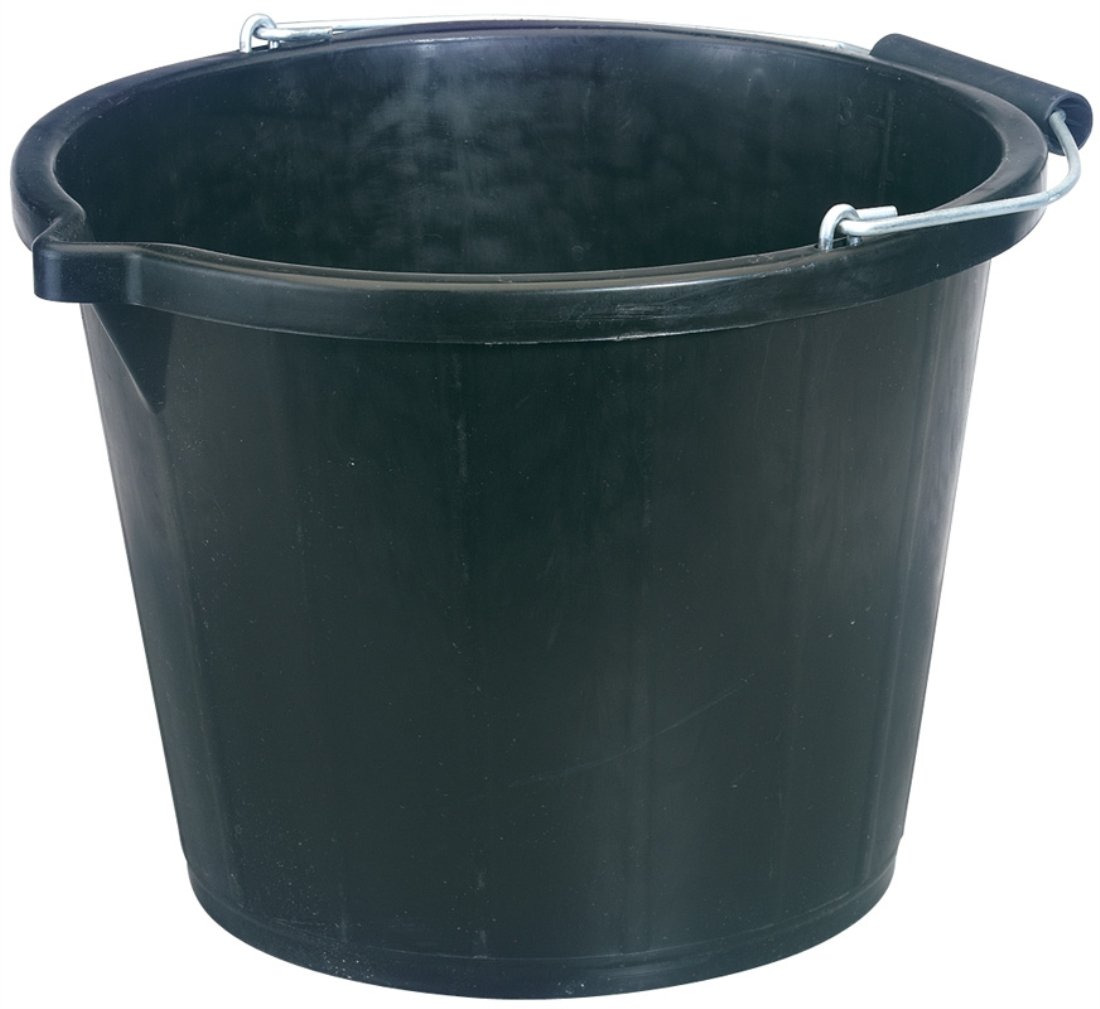I think everyone’s familiar by now with the “Ice Bucket Challenge”, a charity campaign for ALS (Amyotrophic Lateral Sclerosis), known in the UK as Motor Neurone Disease. The success of the campaign has been surprising- passing $70 million in donations at the start of this week. It’s a very clever marketing strategy for a very horrible neurological degenerative disorder.
I’ve just been nominated by a friend, who in turn was nominated by another. This got me thinking about the cubically exponential spread of the challenge: dump a bucket of water over your head, then nominate three people to do the same (or pay $100 USD to the ALS society).
There’s nothing wrong with raising awareness, and definitely nothing wrong about donating to charity. Take a step back though. ALS is responsible for 2 deaths per 100,000 people per year. In other words, 0.00002% of the population die yearly from ALS.
14.6% of all human deaths in 2012 were caused by cancer. This statistic doesn’t even include skin cancers. Heart disease got 13.2% of people. Strokes, 11.9%. When was the last time you donated to a stroke charity?
That may be besides the point as many more people have to live with ALS/MND, but I don’t think I’ll be alone in thinking that the virality of the marketing campaign is disproportionate.
Raining Buckets
My PhD research area is sustainability and energy waste reduction. A couple of days ago I wondered: what environmental impact has the Ice Bucket Challenge had so far? How would one calculate it?
There are currently 4.9 million results for the query “Ice Bucket” on YouTube. Disregarding other video services, can we assume that this is indicative of the number of people who have taken the challenge? Given that $70 million US dollars have been raised for (the ALS) charity, the average donation would be $14.30, or £8.58 GBP. I don’t think this is a particularly bad assumption (for this purpose, anyway!)
The size of bucket used for the challenge is also variable. I’ve seen little buckets (~3 litre), medium buckets (~10 litre), and half a domestic heating oil tank suspended on scaffolding (~1200 litres!). What’s the averagely sized bucket?
I’m going to make a guess and go with the first result on Amazon, a 15 litre bucket, which would probably be filled to 10 litres (15kg of water is pretty difficult to lift above your head, and 10 makes the math easier!)
This would appear to indicate that almost 50 million litres of water have been used worldwide to raise awareness of ALS.

That’s 20 olympic-sized swimming pools filled (at 2500 m^3). This could, of course, be a vast underestimation.
Chilling Challenge
The calculation for how much energy it would take to freeze a tray of ice cubes turns out to be more difficult, requiring a bit of thermodynamics. The calculation would involve figuring out how the water introduced to the freezer would raise the temperature, causing the pump to run and cool the system back down to the set-point as the water molecules give up energy to their environment.
I’ll leave this as an exercise for the more physics-minded, and instead opt for that age-old substitute of using a number I found on the internet and grossly approximating from there.
Freezing 1kg (1 litre) of water at 20°C takes 417.72kJs, or 0.12kWh. If everyone who posted an Ice Bucket Challenge video on YouTube froze 250ml of water into ice for use in their impending dampening (say 0.3kWh per person), we would have:
$$! 0.3 \times (4.9 \times 10^6) = 1.47 \times 10 ^ 6 $$
1,470,000 kWh, or around what it would take to run 1,470 home microwaves for an hour. 654,856kg of CO2 would be released into the atmosphere (based on UK power generation), similar to burning 300,000 litres of petrol.
It’s not a lot when compared to the everyday consumption of the UK grid, but should at least give pause for thought.
“I think that was a waste of ice”
… said my friend’s Dad at the end of his video. As such, I will be donating £30 to WaterAid and £30 to Cancer Research UK.
($100 USD = £60.34 GBP at the time of writing. If I’ve goofed up the calculations, please tell me in the comments and I’ll fix it.)
